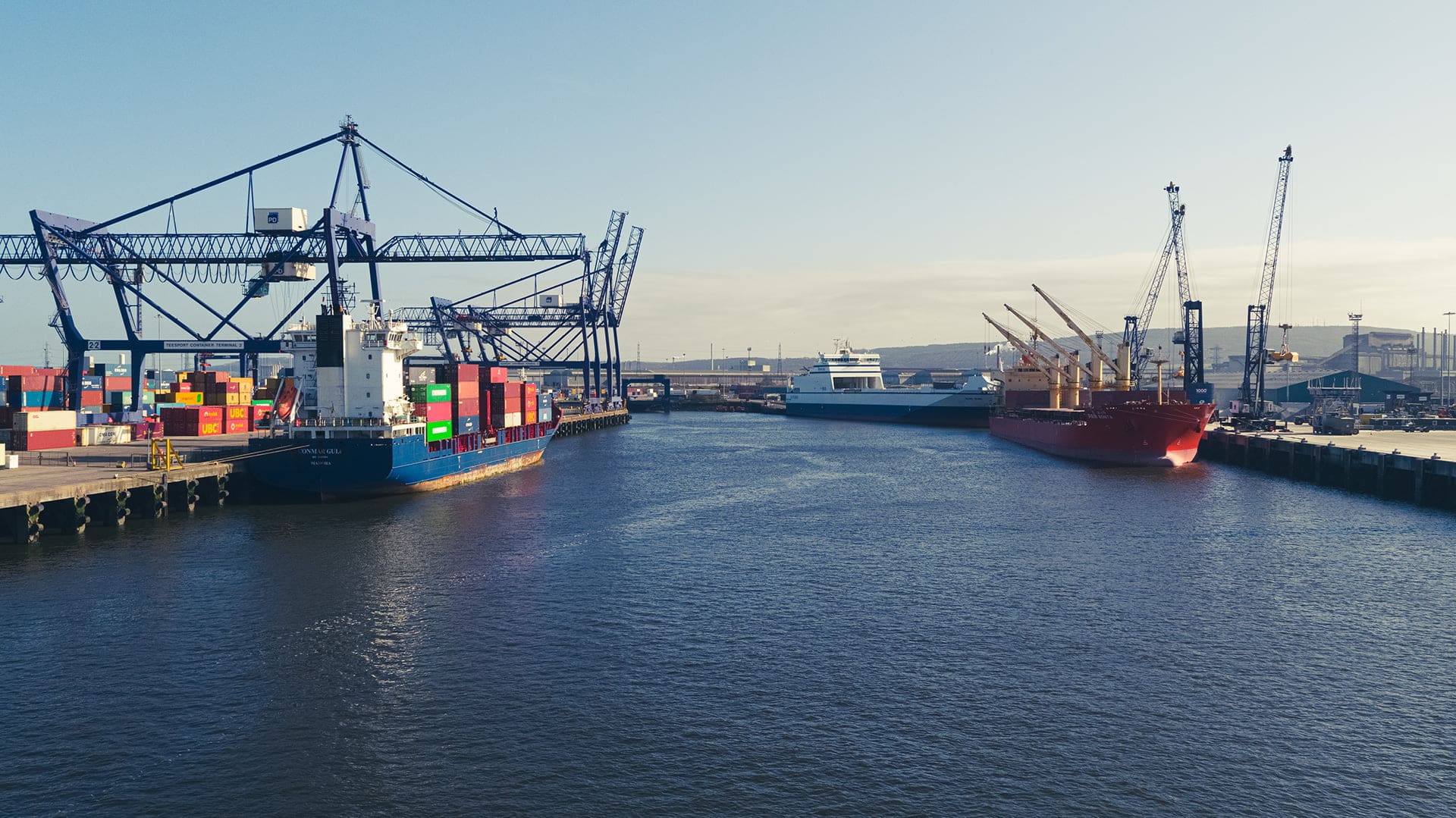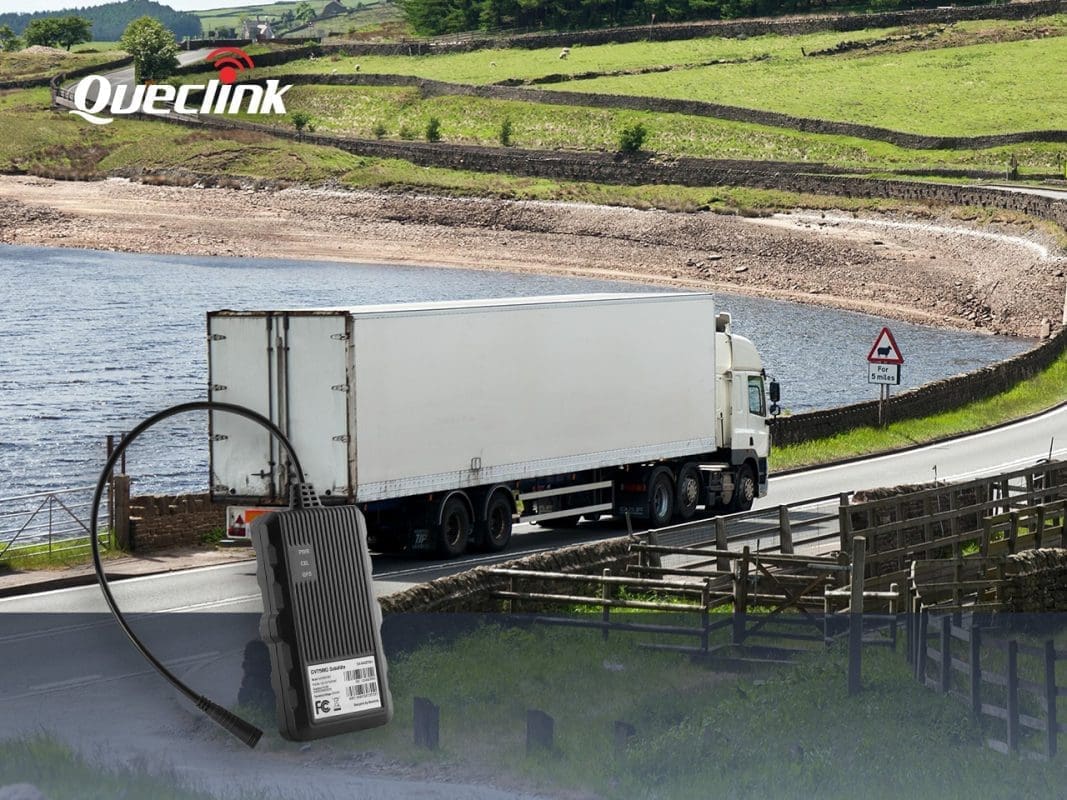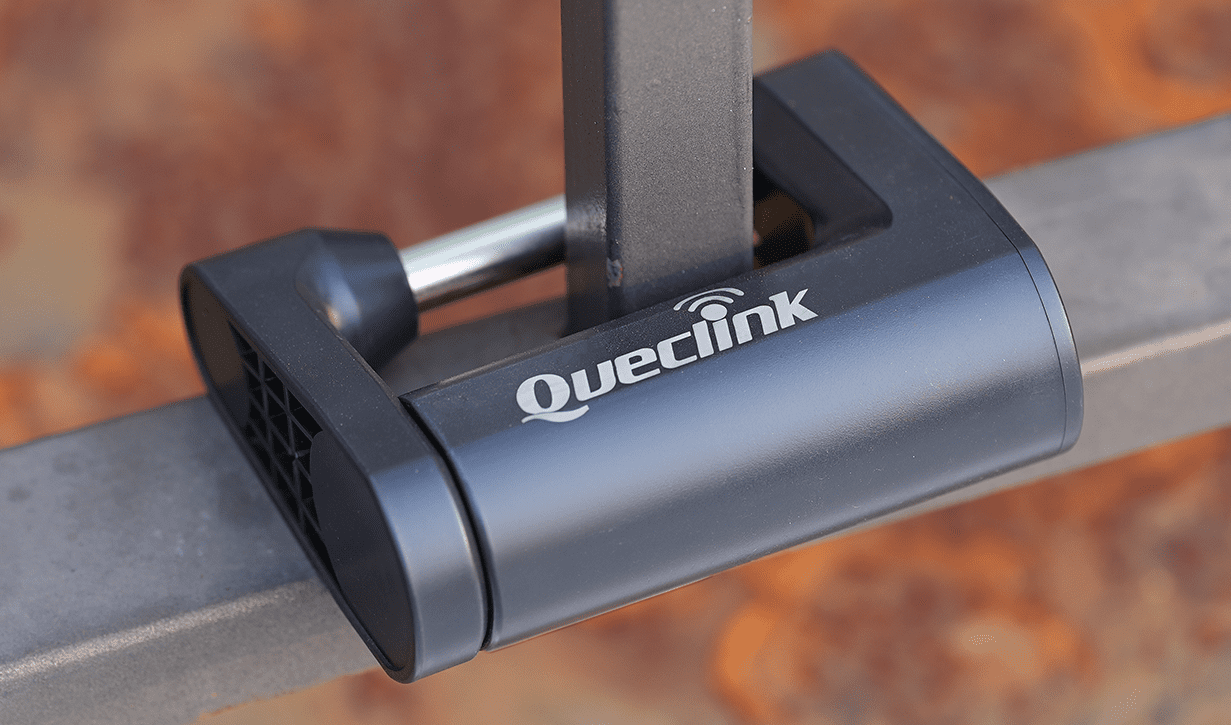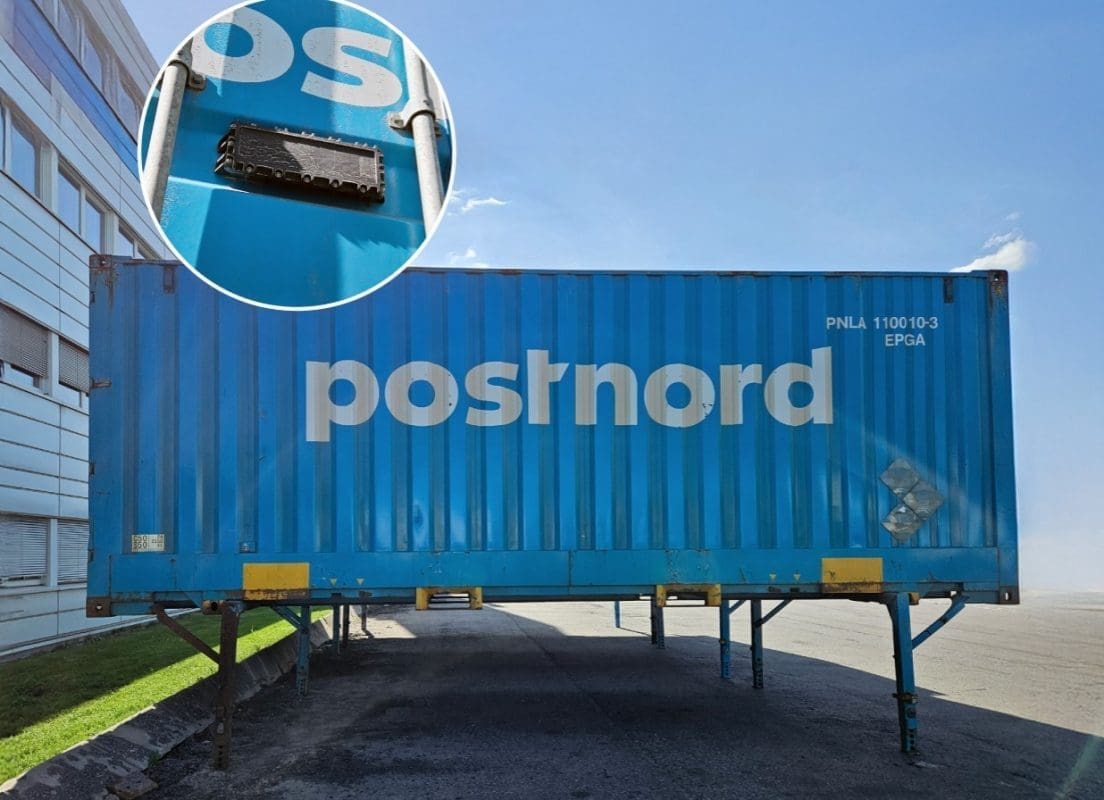- Shop All Documents + Bundles
- FORS V7.1 Document Bundle | Bronze (15 Policies)
- Transport Manager Compliance Pack (10 Policies)
- Transport Manager Compliance Pack (6 Policies)
- Health & Safety Policy Template
- Fuel, Emissions And Air Policy Template
- Operational Security Policy Template
- Serviceability And Roadworthiness Policy Template
- Road Traffic Collision Policy Template
- Counter Terrorism Policy Template
- Load Safety Policy Template
- Vehicle Routing And Scheduling Policy Template
- Driving Standards Policy Template
- Driving Hours Policy Template
- In Cab Technology Policy Template
- Passenger Safety Policy Template
- Complaints And Grievances Policy Template
- Drug And Alcohol Management Policy Template
- Hazard And Risk Identification Policy Template
- VOR (Vehicle Off Road) Policy Template
- Tyre + Wheel Policy Template
- Health & Eyesight Policy Template
- Transport Infringement Policy Template
- Walk Around Check (Defect Check) Tool Box Talk Template
- Transport Manager CV Template
- Social Media Policy Template
- Transport Manager Contract Template
- External Transport Manager Contract Template
- Driver Handbook
Judge rules port has access rights to Teesworks

Judge rules port has access rights to Teesworks
A High Court judge has ruled in favour of a port operator which claimed access rights to the Teesworks redevelopment site.
PD Ports had faced a legal challenge by South Tees Development Corporation (STDC) to cross land at the freeport, near Redcar.
Mr Justice Rajah found in favour of the Teesport operator on six out of 18 of the claims under dispute.
STDC, set up by Tees Valley Conservative Mayor Ben Houchen, defended its decision to take the case to court, which would have incurred hefty legal fees.
After the case, Jerry Hopkinson, executive chairman at PD Ports, said the ruling meant it had access to three keys locations at the site at the mouth of the Tees.
The trial in October involved 34 witnesses, mostly from Middlesbrough and the surrounding area.
The judge took into consideration “hundreds” of deeds, conveyancing documents, and historic maps in order to reach the decision.
A 96 page document was published on Monday, external and a ruling over costs will be made later.
‘Costs of several million’
The legal battle saw PD Ports defend its rights to access land it owned on the south bank of the River Tees, while STDC wanted a legal declaration on whether the rights existed at all.
The case centred on a right of way between Fisherman’s Crossing and South Gare Road, which extends across the former SSI Redcar steelworks site.
The site is controlled by STDC but includes elements owned by PD Ports, such as the Redcar Quay and parts of Teesport itself.
Describing the case in his judgment, Mr Justice Rajah said: “[STDC] brought these proceedings seeking negative declarations that [PD Ports] does not enjoy any rights of way across their land.”
PD Ports launched a counterclaim, arguing it had access rights under a number of potential rights known as “prescriptive”, “express” or “implied”.
While only six of PD Ports’ 18 claims were upheld, it was established that the company had the right to access South Gare, Redcar Quay and South Bank.
Mr Hopkinson said: “Whilst we are naturally pleased at the outcome, we are very disappointed that this legal action was ever considered necessary.
“Despite PD Ports’ desire to resolve the matter outside the courtroom, South Tees Development Corporation and Teesworks persisted with legal action that has resulted in no net gain for either side, at a cost of several million pounds for all parties, including the taxpayer, as well as considerable damage to our region’s reputation.”
‘Clarity is important’
The decision follows the release of a report into Teesworks, published last week, which criticised the transparency and governance of the scheme but found no evidence of corruption or illegality.
Despite the possibility of a large legal bill, Lord Houchen welcomed the judgment, telling the PA news agency: “We have got what we wanted – the most important thing is clarity.”
He said the court action was necessary to resolve the ongoing access issue and free up future developments.
Alex Cunningham, Labour MP for Stockton North, criticised the need to go to court.
“Tees Tory Mayor Houchen has landed the public with a massive legal bill after losing a meaningless action against the port authority he was always destined to lose,” he said.
A spokesperson for STDC said: “Throughout this process STDC’s sole focus has been to clarify what access rights PDT has across its site so it can accommodate them.
“Despite extensive efforts by STDC to avoid legal action, the lack of documentary evidence supporting PD Ports’ claim left no option other than to seek a legal determination.
“A total of 18 different claimed rights of way were brought to the court by PD Ports. All but six were either dropped by PD Ports or went in favour of STDC.
“The judgment now provides clarity on the rights of all respective parties going forward. We will now consider this judgment along with our legal advisers.”
Teesworks Limited, the public-private owners of the redevelopment project, said the ruling meant there was now confirmation that there were no access rights issues to block the project.












